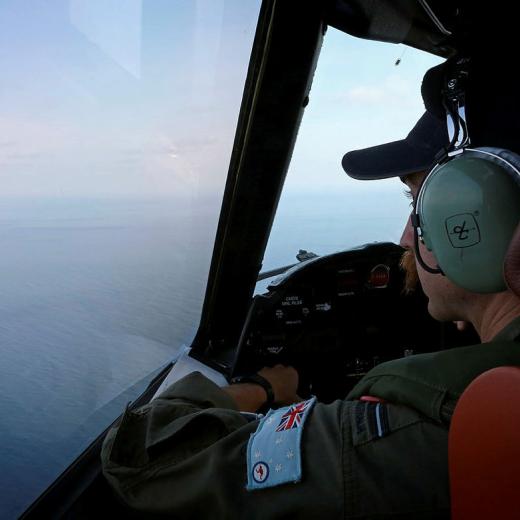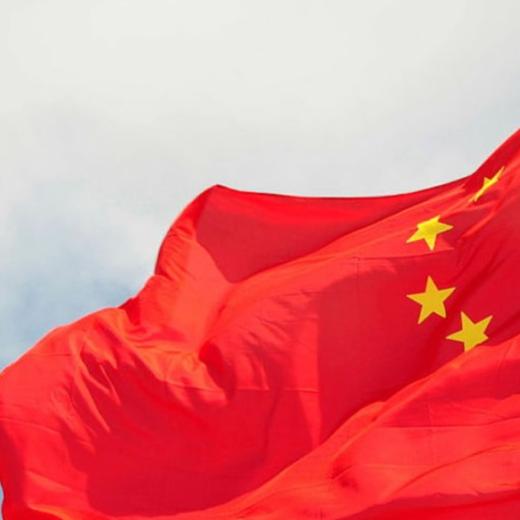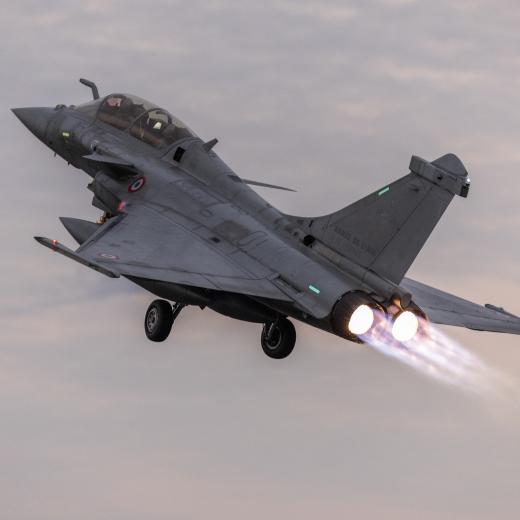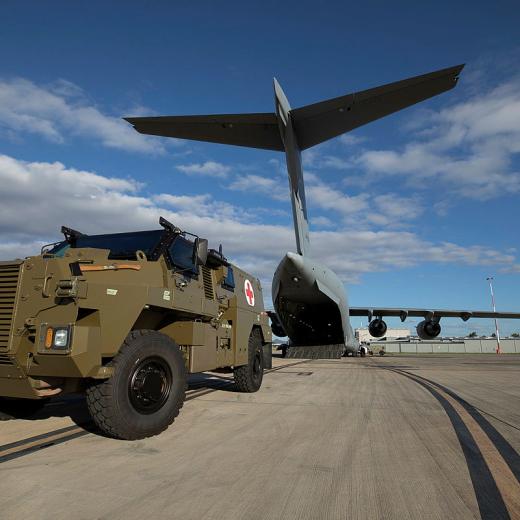BLUF
Nuclear-powered submarines (SSNs) are acquired to maintain peace in the region, noting that nuclear and diesel powered submarines have been operating in the Indo-Pacific for decades—and many Southeast Asian nations have their submarine programs.Summary
Blake Herzinger writing in the Strategist notes that:
- Charges that Australia's SSN program might promote conflict with Beijing or start a nuclear arms race must be evaluated more critically.
- Australia's pursuit of SSNs does not threaten Southeast Asian nations and is not an act of aggression.
- Australia has taken great pains to assuage concerns across Southeast Asia, reiterating its commitment to the Nuclear Non-Proliferation Treaty.
- Some countries that have been critical of Australia increasing its naval capability have said little about the massive build-up in China's naval capability.
- Acquiring modern military capabilities, including SSNs, is necessary to deter China from undertaking a catastrophic war of aggression that would upend the world economy.
Note the following:
Former prime minister Kevin Rudd warns of risk of 'accidental war' with China - ABC News
'The former prime minister said China's rapid militarisation has required Australia and the US, as well as other regional powers, to review their military capacity, especially in response to the expansion of China's navy.
According to the Pentagon's China Military Power November 2022 report, China's navy is currently the world's largest and now has around 340 warships and submarines, of which 12 are nuclear-powered submarines. That fleet is expected to grow to 400 ships in the next two years.'
References
Recent Runway Posts related to this topic:
References from the Web:
- 07 MAR 2023 Head of US Army Pacific Names Challenges Posed by Beijing (voanews.com)
- 10 MAR 2023 AUKUS: China hits back over Australia's nuclear submarine plan | news.com.au — Australia's leading news site





